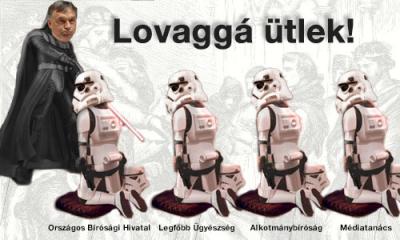Origins of the Magic box
The Magic box opened like Pandora’s Box: Zsolt Balogh former general manager of BKV started to talk about Nokia boxes filled with 15 Million HUF in February, 2010, which he had to give over Miklós Hagyó Deputy Mayor. He had repeated this story during the investigative phase of the BKV-case but later he withdrew it in the judicial phase. 168 Óra weekly indicated Balogh with “Nokia man” attributive in September, 2009 with which it predicted the script of the Bkv-case.























